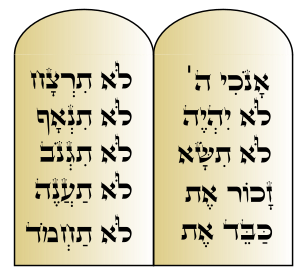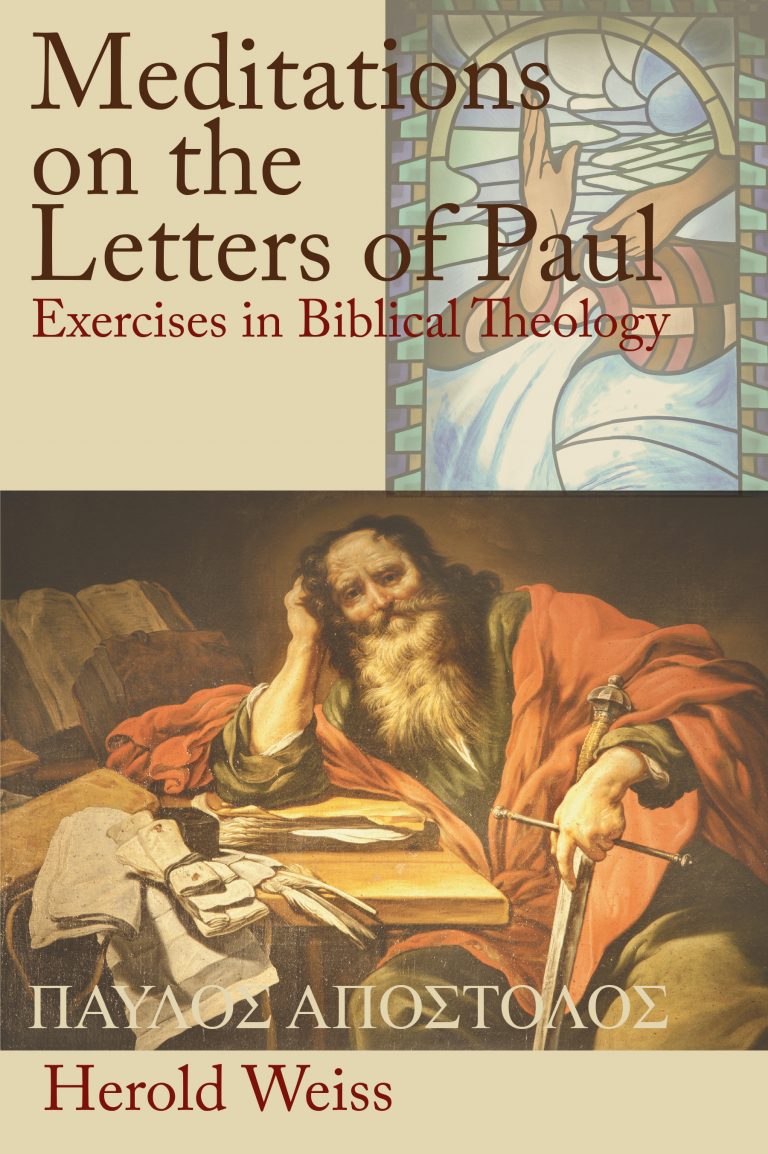Notes on Leviticus Commentaries
A few weeks ago I compared two commentaries on Leviticus. One of these was Samuel E. Balentine’s volume in the Interpretation commentary series. In that review I noted that I was only half-way through my read of Balentine, but thought I could still make some valid comments.
I have now finished my read, and I still stand by what I wrote earlier. This is a very strong theological commentary with a very useful emphasis on liturgy. While I have learned more nuts and bolts elsewhere, I got some of the best ideas on how one might teach and apply Leviticus by reading Balentine. This is, of course, the intention of the interpretation series, so it’s nice to know that they do it well in this case.
I have read through several commentaries on Leviticus over the last few years, and they vary greatly in purpose and approach. I thought I’d include some very brief comparison notes.
My all-time favorite commentary on Leviticus is Jacob Milgrom’s three volume commentary in the Anchor Bible series (my review). While it’s my favorite, it has a number of drawbacks for the average preacher or for a lay person. It makes extensive use of both Biblical languages and other ancient near eastern materials, and one may be quite confused if one doesn’t already have some understanding. The material is translated, however, which alleviates the problem a bit.
The sheer volume of material, which is very attractive, also makes it a bit difficult to use for any sort of quick reference. You really have to dig in to get the benefit. When I studied, for example, I would read the chapter first in Hebrew, then go through the commentary text, after which I would read the Hebrew text again checking my notes. This is not a sign of great diligence on my part; Milgrom does enough work with word definitions to make one feel that one didn’t really get it on first read! Nonetheless, the experience is very rewarding.
The commentary to which I compared the Interpretation volume earlier is David W. Baker’s portion of the Cornerstone Biblical Commentary Leviticus, Numbers, Deuteronomy. I’m now about half-way through Numbers in this volume, and the quality remains quite even despite different authors. It may seem a bit unfair to compare one book out of a volume that covers three books to a single volume commentary, but I think the Cornerstone volume comes out rather well considering its purpose.
I think Christians may not pay enough attention to Baruch Levine’s commentary on Leviticus in the JPS Commentary on the Torah series. Actually, I am really referring to this entire series, which provides substantial information on how the text is read in Judaism (admittedly not from an Orthodox perspective), but does so clearly and simply. I enjoyed the entire set.
If you can still lay hold of it, which you probably can in a decent university library, there’s always Martin Noth’s commentary in the Old Testament Library series. It may, however, be one to avoid. Doubtless Noth was a great scholar, and I enjoyed his commentary thoroughly, but if you’re looking for material to preach or teach from to a lay audience, it’s not going to be nearly as much help. Noth is quite thoroughly occupied with critical issues and much less so with theology and application.
On my immediate future reading list is Gordon J. Wenham’s Leviticus (New International Commentary on the Old Testament). I’ll have to wait for it to arrive via inter-library loan. I’ll post on it after I’ve had a chance to read it.






Wenham’s is my favorite commentary on Leviticus. His use of insights from Mary Douglas and cultural anthropology are very helpful, as is his treatment of the “sin offering.” I look forward to your thoughts on it!
Great post, Craig, thanks. I’ve read parts of each of those and found them helpful. I have really appreciated Allen P. Ross’s ‘Holiness to the Lord: A Guide to the Exposition of the Book of Leviticus” http://bit.ly/b89PK4 . He does a wonderful job of outlining, explaining and most importantly drawing the principles from the text for us today.
Wenham is indeed excellent. I think it was the first commentary I read on any book of scripture (not counting expositions based on sermons as commentaries).
Just finished a Kay Arthur PRECEPT BY PRECENT Bible Study on the Book of Leviticus (almost immediately after completing on on the Book of Hebrews). I have to say, her studies are the best I have found for REALLY getting into the Word. Wonderful and totally a learning blessing. As part of my study, I used Ballentine’s commentary as well as ones by R.K.Harrison (Tyndale series), THE LAW OF THE OFFERINGS by Andrew Jukes, and THE TABERNACLE: Shadows of the Messiah by David Levy. Additionally, I read David Brickner’s series on Christ in the feasts and festivals of Israel (CHRIST IN THE FEAST OF THE TABERNACLES, CHRIST IN THE FEAST OF PENTACOST, etc).
Balentine’s work was helpful in clarifying some terms, checking for a consensus view on some metaphorical interpretations by others. I really enjoyed having his expertise and commentary.
I cannot encourage others enough to get into the “Old Testament” and read, study. It makes the “New Testament” come alive in ways you would not believe. Almost everywhere you read you find youself going, “I know where THAT comes from…”